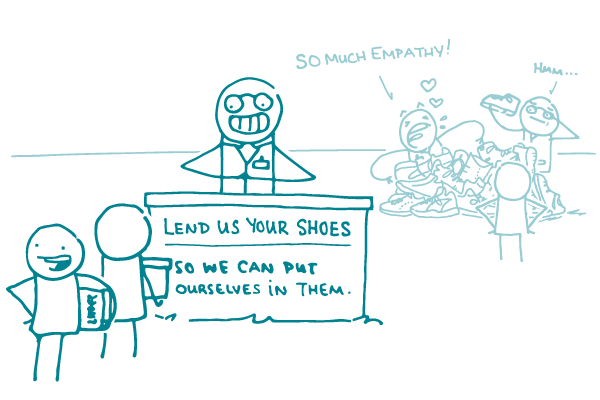
As a health literacy superstar, it’s your job to give people the right information in the right way. But sometimes it can be tough to know what the right information is. Seasoned public health professionals would say: when in doubt, look to the data. We say: okay, but don’t stop there.
Many public health communication materials are developed because studies have identified a serious health problem or risk. For example, if a survey shows that there are high rates of smoking in a given population, a public health agency might develop smoking cessation ads aimed at that audience. But the truth is, dear readers, data don’t always tell the whole story. And that can lead to a disconnect between what public health agencies say — and what people need to hear.
Take herpes, a common STD that can cause really uncomfortable genital sores or blisters. Herpes isn’t life threatening like some STDs — and it tends not to cause serious complications. So, with a lot to say and limited time and money to say it, most public health agencies choose to focus their communication efforts on other STDs.
But the fact remains that a lot of people have herpes — and there’s lots of stigma and fear associated with it. That’s why we’d argue that thinking about what kind of information your audience may need about herpes is totally worth it. For example, we know that folks struggle with how to tell their partners they have herpes. Maybe they need a really awesome, compassionate conversation tool to help them out!
The point is that herpes is worth talking about, even though it isn’t a particularly serious STD (medically speaking). Why? People want to know about it — and that’s seriously important.
The bottom line: When deciding what to communicate about, look beyond the data to your readers’ concerns.
Browse recent posts